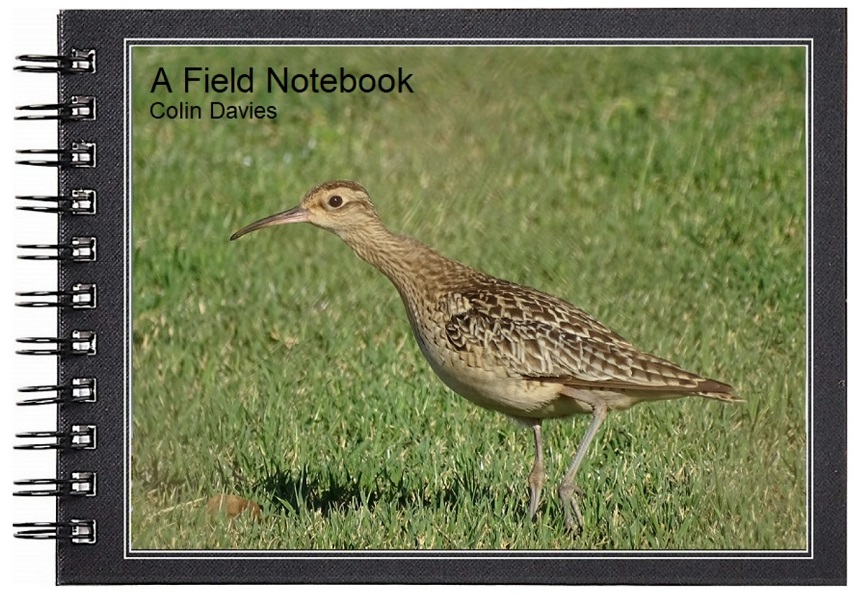We spent the morning and early afternoon at Rutland Water where there has been an impressive variety of avian species over the past couple of weeks. First off we headed to the Shoveler hide to look for a juvenile long-billed dowitcher which had been present for about 10 days. The bird duly obliged and showed as well as any I have seen. It was my tenth but the first for seven years. While we were in the hide we got another couple of year ticks in the form of red kite and Egyptian goose. On the way back to the visitor center we called in at the Sandpiper hide and saw three smew, a drake and two redheads.
In the North Arm of Rutland Water, from Fisherman's car park, the red-necked grebe which I saw last December was still present and now showing real signs of summer plumage, with a partially red neck and bright yellow on the bill. Then moving a mile further north, but still in the North Arm, we managed to locate the party of three summer plumage black-necked grebes associating with a single winter plumage Slavonian grebe. Fortunately we also managed to find both common grebe species, little and great crested, meaning that we had seen all five British species of grebe on the same day at the same location. That's definitely a first for me!
It was still only 13:30 and we had seen just about everything that we were likely to see at Rutland Water, 61 species I recorded but with birds such as wren, reed bunting, song thrush, pied wagtail, collared dove and greenfinch missing from the list, I'm sure that if we had stayed all day and made the effort we could easliy have reached 75 - 80 species in the day just at Rutland Water. An impressive total by any standards.
However at this point we decided to make for Pugney's Country Park in West Yorkshire, where there had been a 1st winter ferruginous duck on the lake behind the Swan and Cygnet pub. When we arrived the bird had just disappeared into the reedbed, as ferruginous ducks are prone to do, but it soon reappeared and we had excellent views of the bird in the afternoon sunlight. A really smart duck, my first for 12 years and for me probably the bird of the day.
Year: 162 (Long-billed dowitcher, ferruginous duck, red-necked grebe, Slavonian grebe, Egyptian goose, red kite). This time last year I was on 146, this time 2014 I was on 161.
First winter female ferruginous duck. Notice the distinctive head shape, longish bill and bill pattern. I must admit, I didn't realise until this evening that female and male ferruginous ducks have different bill patterns. When I was watching the bird in the field I was a bit worried about the bill pattern on this bird because it wasn't as I expected. However on reviewing the photographs the bill pattern does seem to be consistent with a female.
Another slight concern is what appears to be grey on the birds back in some photographs. I don't remember this being evident in the field, but if it was really present it would probably indicate a pochard influence in the birds genes. However in other photographs this is not obvious, and it's probably due to the harsh late afternoon winter sunlight combined with the reflection off the water. This has been a well watched bird and I assume that those who have seen it better than I have ruled out a hybrid.
On this photo there is no appearance of grey on the back and the bill is perfect. In fact everything looks fine.
Here are another five images of the bird which show how misleading it can be to rely on photographs when assessing the id of a bird. In these photos the head shape looks perfect, the bill is perfect and there is no sign of any grey on the back. A smart bird!
Long-billed dowitcher.
Egyptian geese.
Rutland Water.
Sunday, 6 March 2016
Subscribe to:
Post Comments (Atom)
Popular Posts
-
There's been a drake bufflehead frequenting the North Wales coast since the beginning of December and finally today I managed...
-
Another great day at Martin Mere, the highlights for me being these two adult spoonbills on the pond outside the United Utilities...


















No comments:
Post a Comment